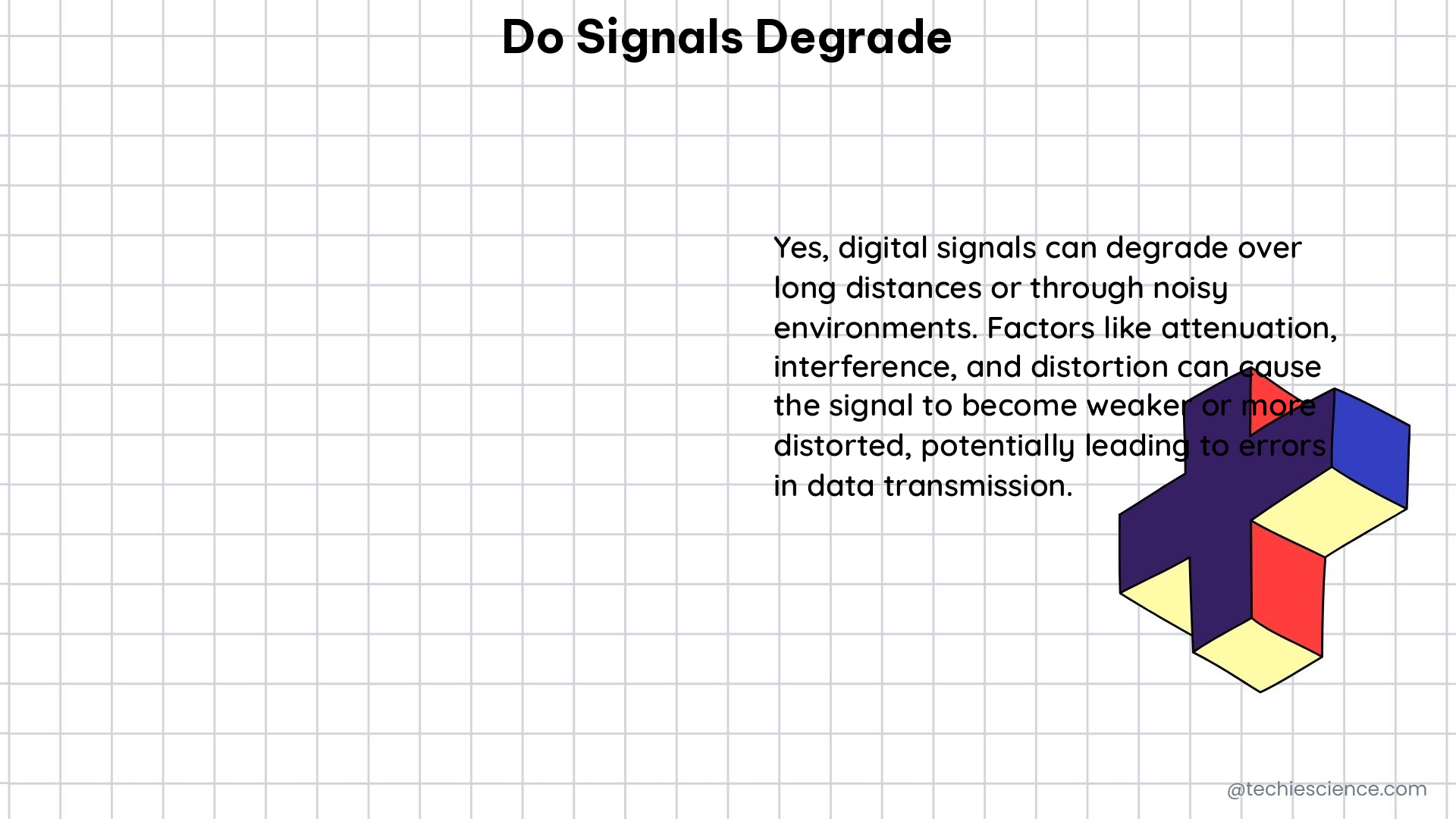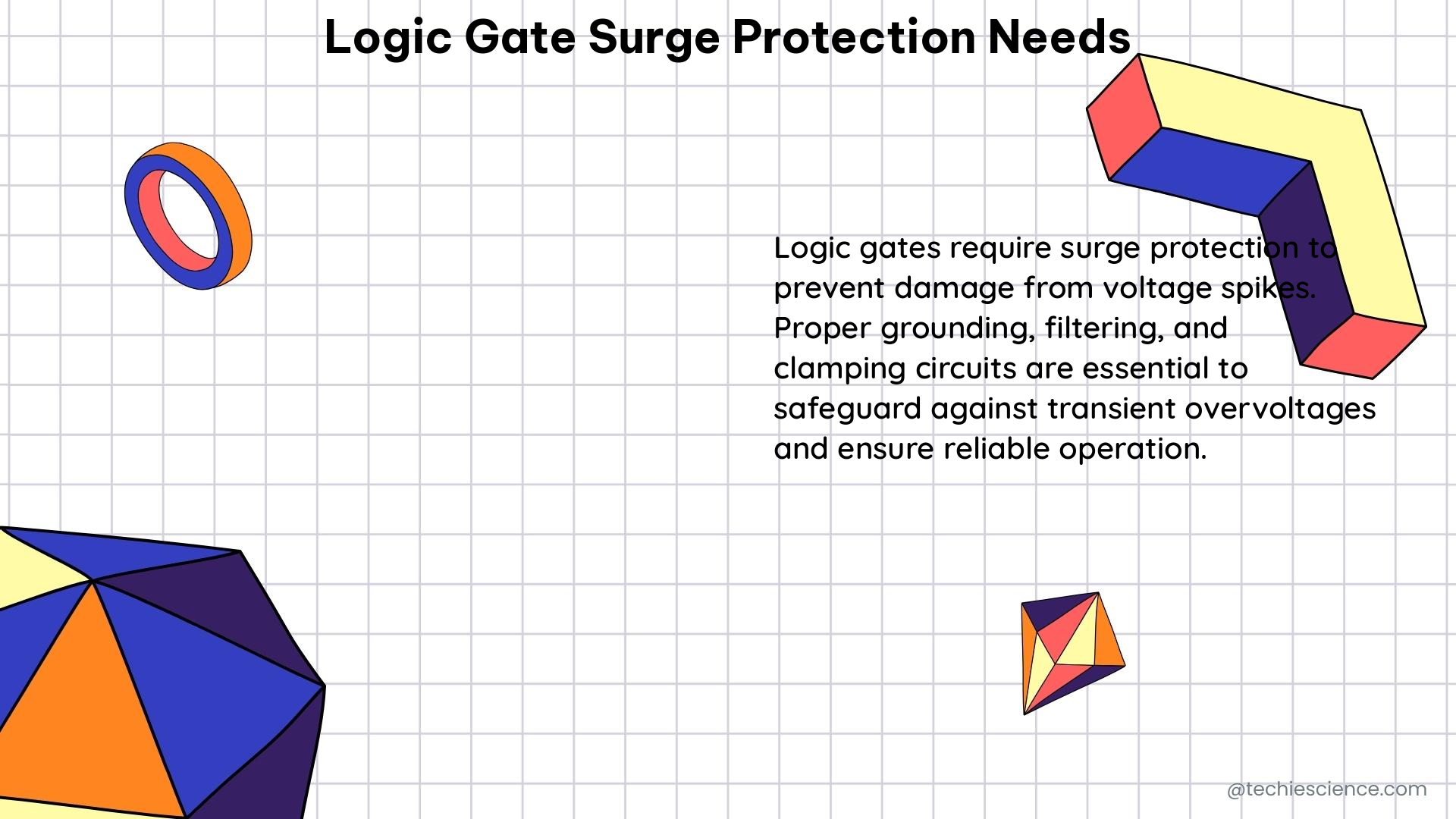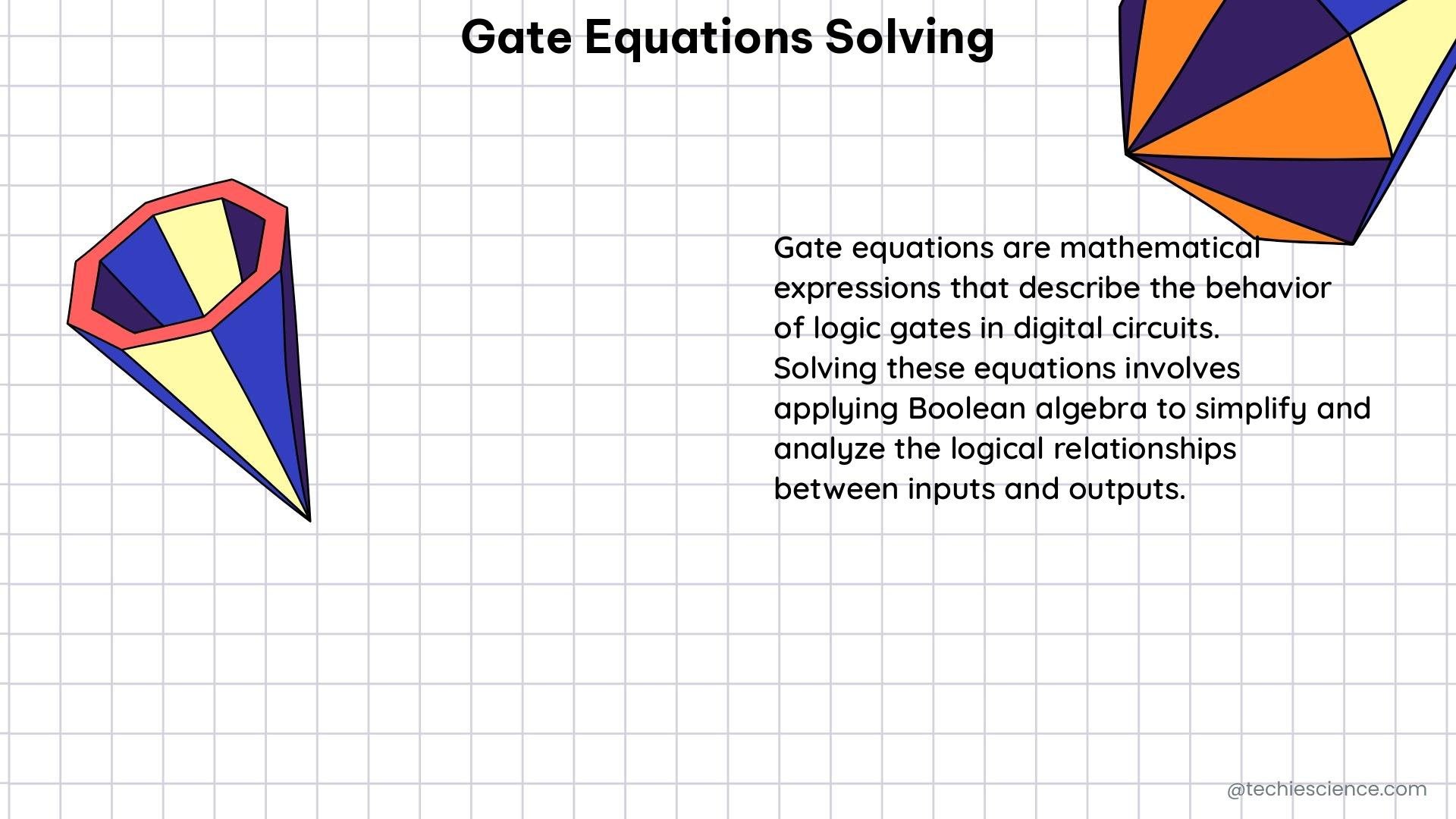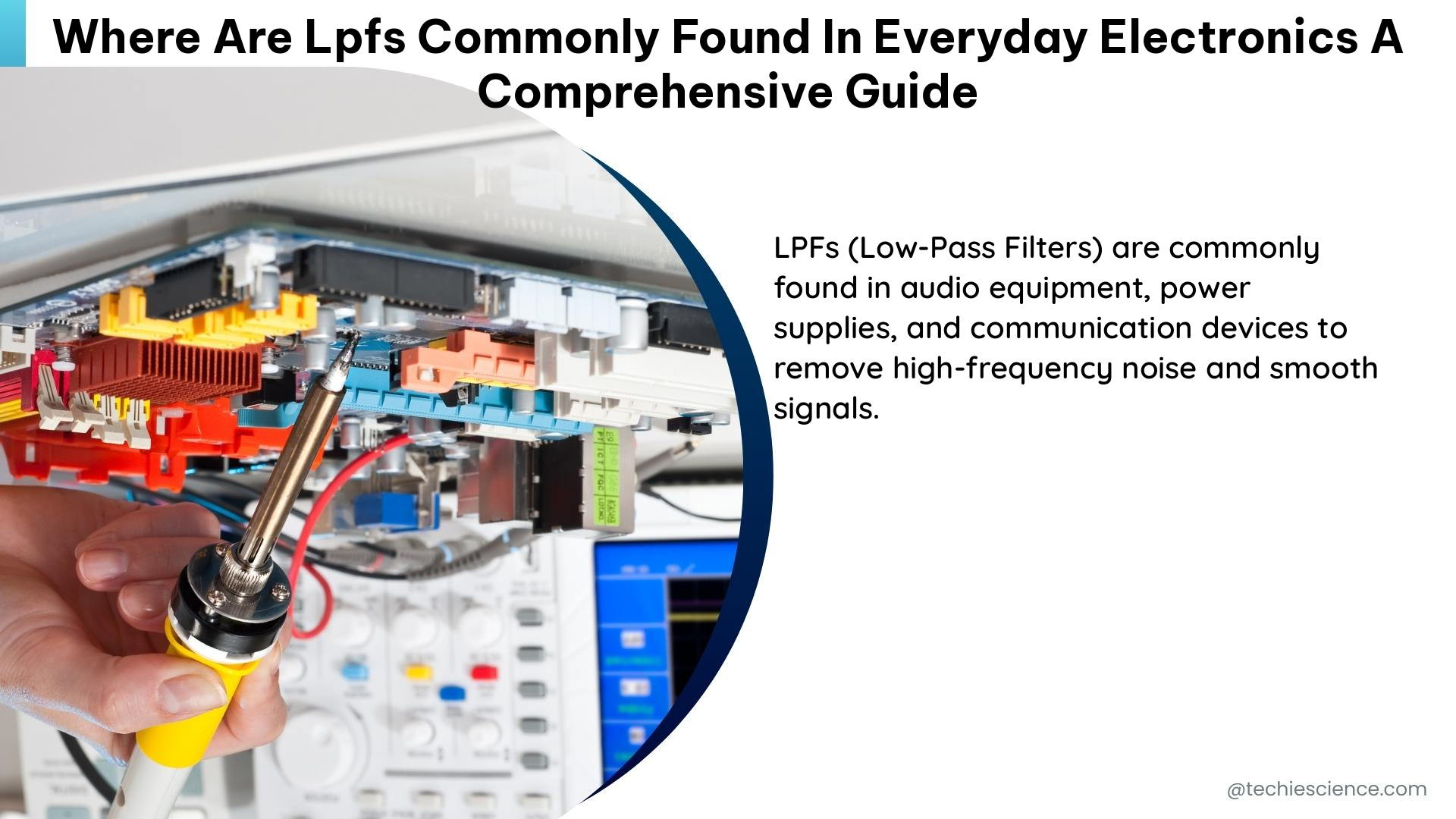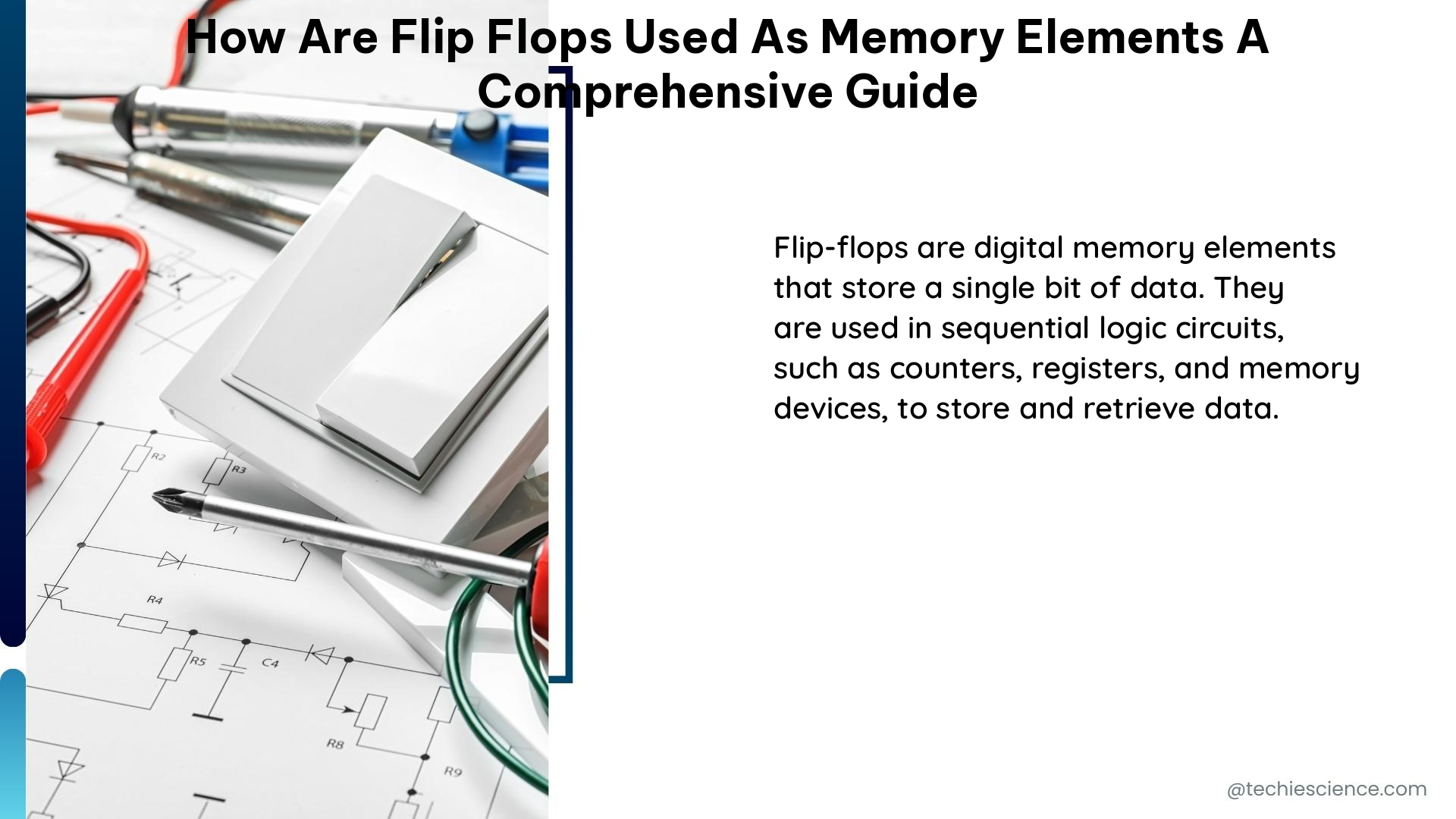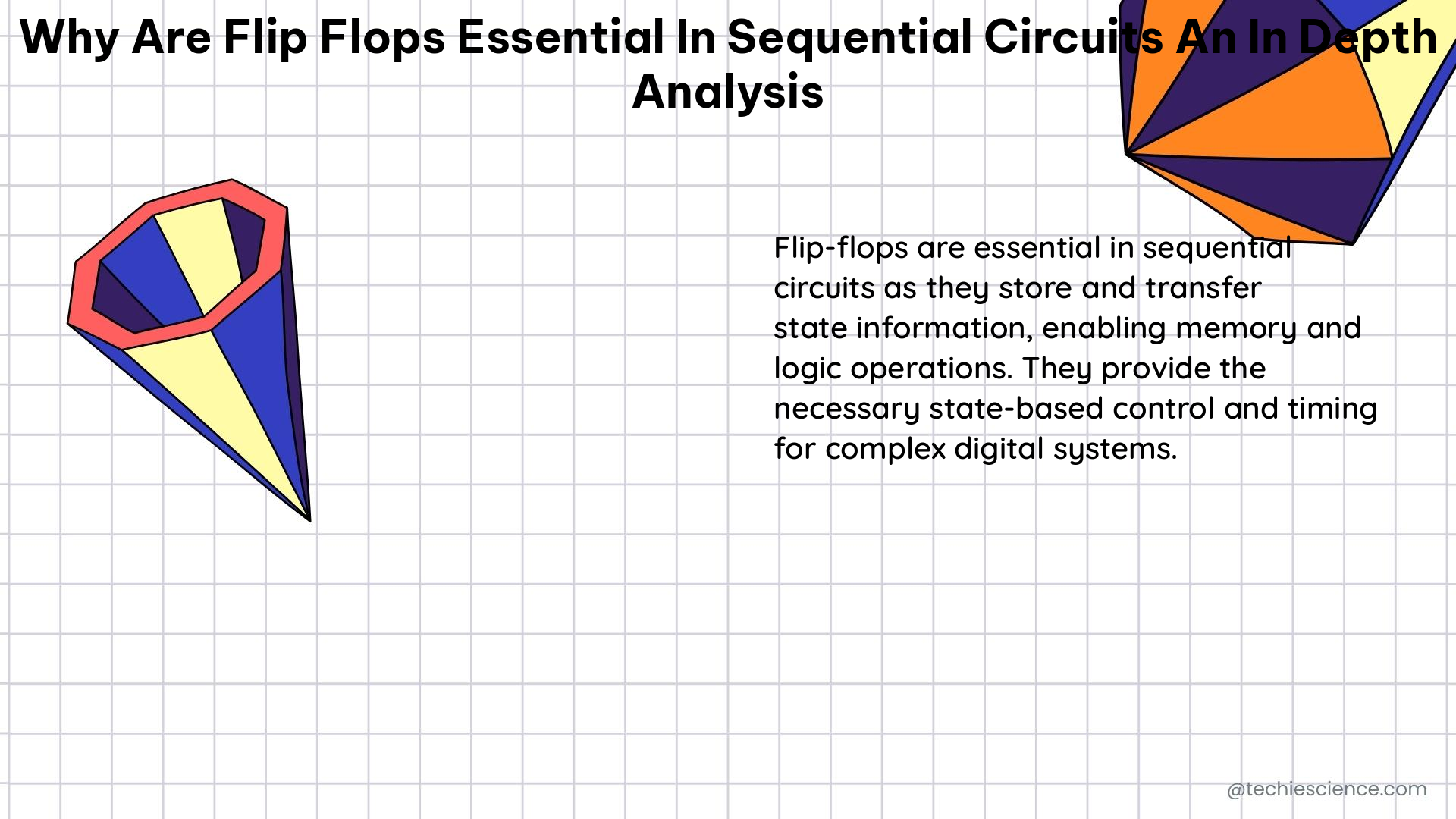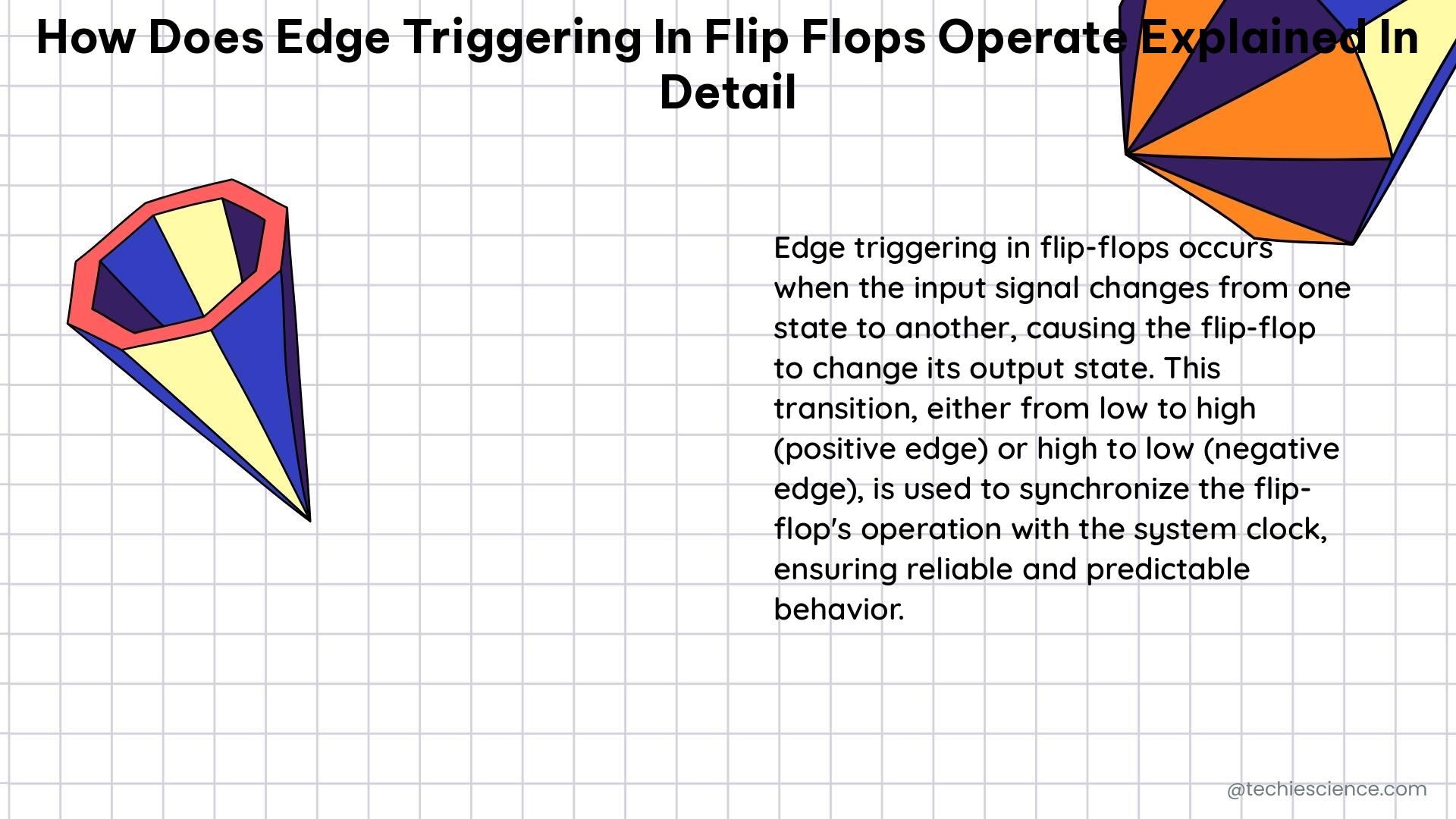Do Signals Degrade? A Comprehensive Guide for Electronics Students
In the world of digital audio processing, the question of whether signals degrade is a crucial one for electronics students to understand. The answer is not as straightforward as it may seem, as the quality of digital signals can be influenced by various factors. This comprehensive guide will delve into the intricacies of signal degradation, … Read more
